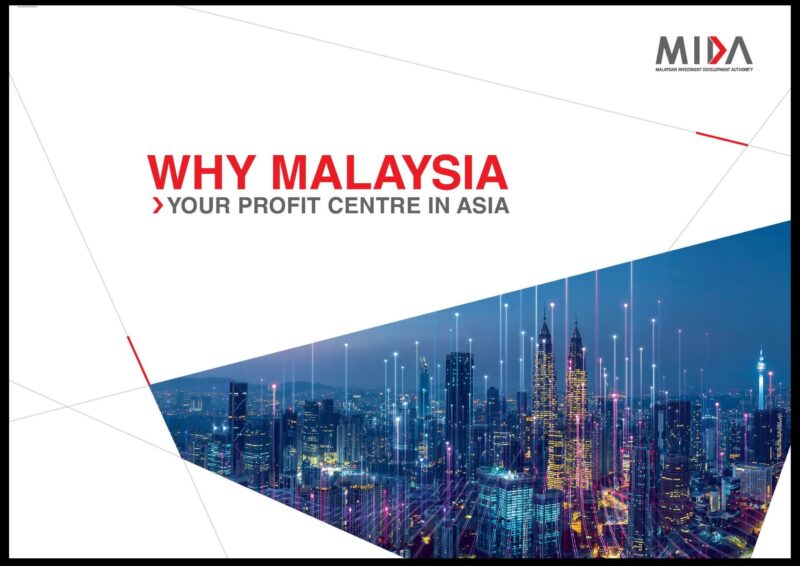This site
is mobile
responsive

Download our Why Malaysia booklet to explore the numerous advantages the Malaysian business environment offers to global investors.
Over the past decades, the manufacturing sector has undergone momentous changes. Production efficiency and cost control are vital factors that enable the sector to deliver real results to your business. Our services industry also combines a multi-disciplinary approach with in-depth, practical industry knowledge to meet foreseen challenges and seize opportunities. Explore the various competitive and comparative advantages in Malaysia’s manufacturing and services sectors.